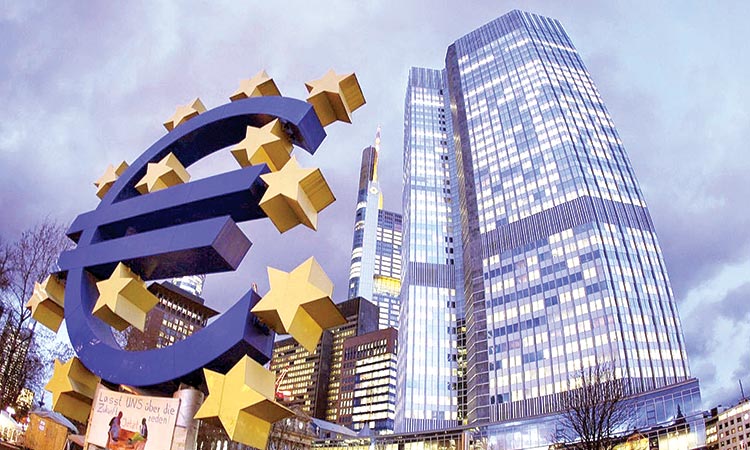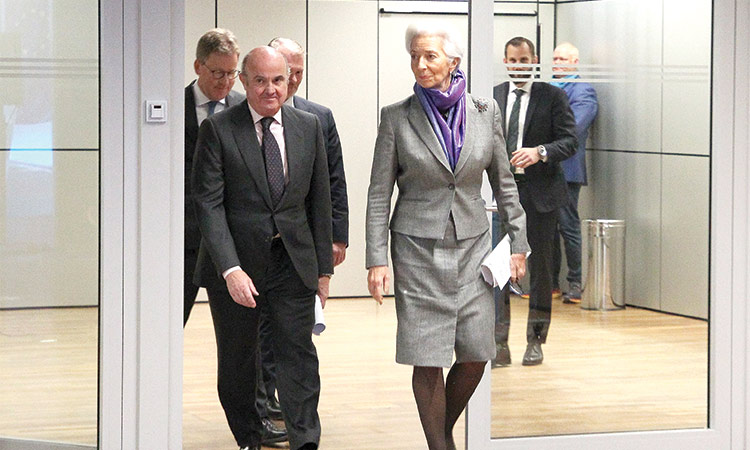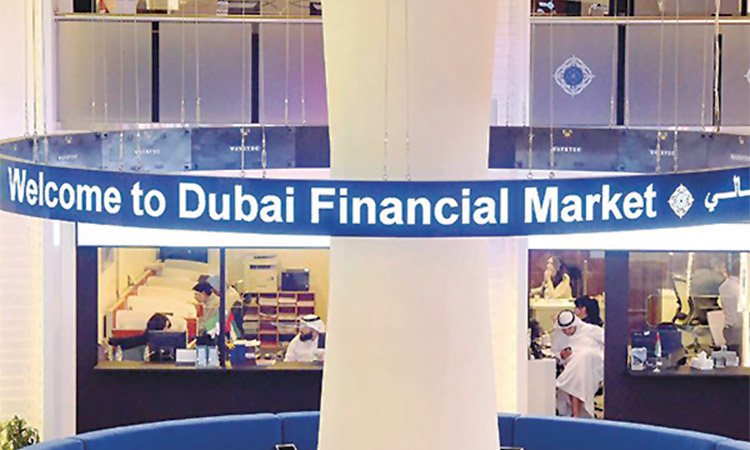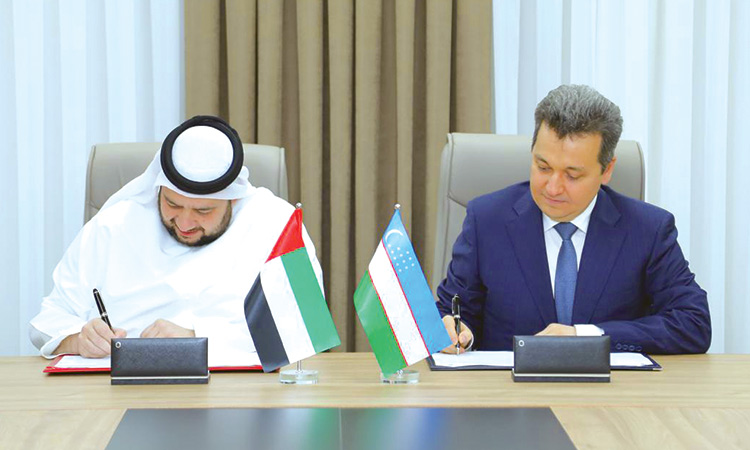Eurozone inflation unexpectedly hit new record high last month
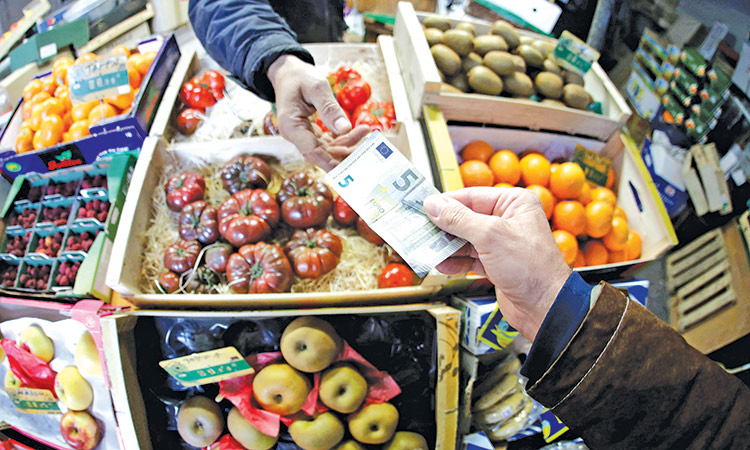
A shopper pays in a market in Nice, France. Reuters
Inflation in the 19-country eurozone accelerated to 5.1 per cent in January from 5 per cent in December, well ahead of expectations for a drop to 4.4 per cent, the European Union’s statistics agency Eurostat said on Wednesday.
The euro extended gains and was up 0.3 per cent at a one-week high of $1.13.
Investors ramped up bets that the ECB will have to tighten policy, with money markets now assigning a 94 per cent probability of a 10 basis point interest rate hike in July, up from 93 per cent before the data, and as much as 30 bps by the end of 2022.
Here are some reactions from economists and analysts:
“January’s inflation data support our view that the ECB will soon forecast inflation to be at its (2 per cent) target over the medium term.
“We think the ECB will probably follow the plan it outlined in December to reduce asset purchases to 20 billion euros per month by October, and will end them completely soon afterwards. That would prepare the ground for the Bank to raise rates with the first hike in early 2023 - though an increase at the end of this year is certainly possible.” “The flash estimate for euro area January 2022 HICP will be remembered as the largest inflation surprise so far relative to consensus expectations. We suspect the ECB will be surprised, too.
“The patience of the hawks is likely to wear thin as underlying inflation pressures continue to build over coming months. Indeed, core inflation is expected to pick up again and the starting point will be much higher, i.e. closer to the levels consistent with “substantial progress”, as per the ECB’s criteria for lift-off.
“We now expect the ECB to bring its deposit rate back to zero in two 25bp rises in March and June 2023, before making a pause in the second half of 2023.”
“It is a surprise compared to most people’s expectations. And there is a concern that what we’ve seen in the US, in the UK, we are now seeing in the eurozone as well, and that is that inflation is proving stickier than expected.
“The ECB is not inclined to pivot from meeting to meeting and one data point is not going to change their tone. So I continue to expect Lagarde to sound balanced tomorrow and say inflation will come down and they will react if it doesn’t.”
“The national read-outs already suggested that the eurozone inflation rate would come out higher than expected, but the rise still was much higher on the upside. Inasmuch, the pressure will remain on the ECB to react faster than thus far signalled to the price rises.
“It will be interesting to see whether the ECB president will... yet again stress that rate hikes this year are very unlikely. Market players have in the meantime pegged hike expectations for the end of this year and will see this vindicated by the current numbers.”
Meanwhile the record eurozone inflation piles pressure on the ECB. Eurozone inflation rose to a new record high last month, defying expectations for a big drop and piling pressure on the European Central Bank to finally admit that price growth is not as temporary and benign as it has long predicted.
Inflation across the 19 countries that share the euro picked up to 5.1 per cent in January from 5 per cent in December, far outpacing expectations in a Reuters poll of analysts for a drop to 4.4 per cent, data from Eurostat showed on Wednesday.
The reading reflected soaring energy prices as expected but unprocessed food inflation also jumped more than 5 per cent, a potential source of political pressure on the ECB as fuel and food prices impact ordinary voters quickly.
Inflation is now more than twice the ECB’s 2 per cent target.
The central bank, which will hold a policy meeting on Thursday, has for months shrugged off data showing prices climbing, arguing that temporary factors are behind the rise and inflation will abate soon on its own.
But the ECB’s track record in forecasting inflation is patchy. It predicted a peak first in November then December, and was forced several times last year to sharply raise its projections.
“They have to recognise there are upside risks and the (inflation) path they laid out in December looks too benign,” said Dirk Schumacher, eurozone economist at French investment bank Natixis. “Underlying price pressures remain high and put the ECB in an awkward position.”
While the US Federal Reserve has abandoned the narrative that inflation is “transitory,” the ECB has stuck with this assessment, arguing that wage growth, a precondition of durable inflation, is still muted and underlying price growth is weak.


